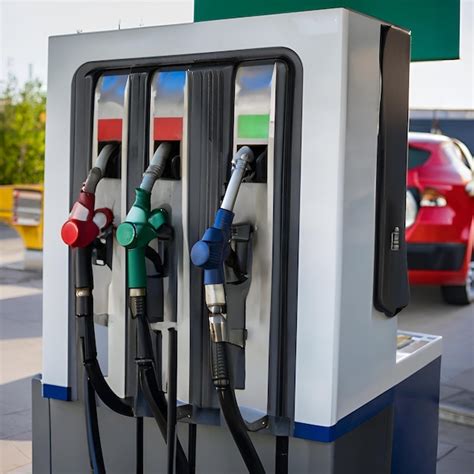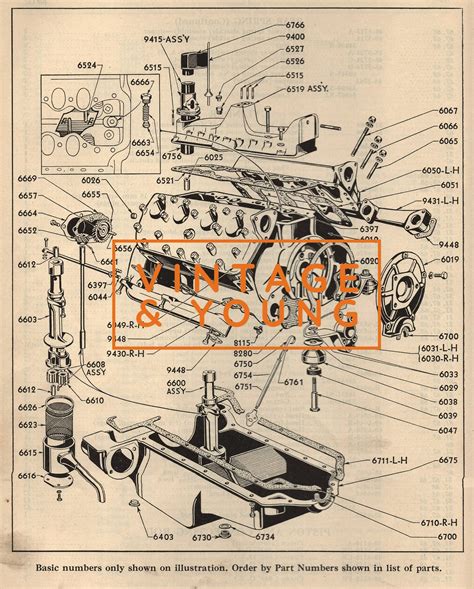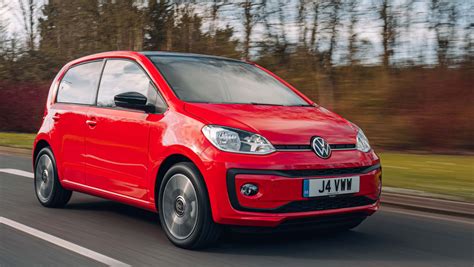Understanding Octane: What Premium Fuel Really Is
The choice at the gas pump can sometimes feel like a lottery, especially when faced with regular, mid-grade, and premium options. Many drivers, keen to optimize their vehicle’s performance and longevity, often wonder if opting for premium fuel—with its higher octane rating—is a worthwhile investment for their daily driver. The core of this question lies in understanding what octane truly represents and how it interacts with modern internal combustion engines.
Premium fuel, often referred to as high-octane fuel, doesn’t contain more energy or make your car inherently “stronger.” Instead, its higher octane rating indicates its resistance to pre-ignition, also known as “knocking” or “pinging.” This phenomenon occurs when the air-fuel mixture ignites prematurely in the engine’s cylinders, before the spark plug fires. Such uncontrolled combustion can lead to inefficiencies, reduced performance, and, in severe cases, engine damage.

The Role of Octane in Engine Performance
Engine designers specify a minimum octane level for a particular engine based on its compression ratio, timing, and other characteristics. High-performance engines, especially those that are turbocharged, supercharged, or have very high compression ratios, generate more heat and pressure within the combustion chamber. These conditions make them more susceptible to pre-ignition.
For such engines, premium fuel is a requirement. Using lower-octane fuel can cause the engine’s knock sensors to detect pre-ignition. The engine’s computer (ECU) then responds by retarding the ignition timing to prevent damage. While this protects the engine, it also reduces power output and fuel efficiency, negating any potential savings from cheaper fuel and actually harming performance.

Does Premium Fuel Boost MPG for Your Daily Driver?
For the vast majority of everyday vehicles not specifically designed for premium fuel, the answer is a resounding no. If your car’s manufacturer recommends or requires regular (typically 87 octane) gasoline, filling up with premium (91 or 93 octane) will not magically improve your miles per gallon (MPG). Modern engines are incredibly sophisticated and are designed to operate optimally on the fuel type specified in the owner’s manual.
An engine designed for regular fuel already optimizes its combustion process for that octane level. Adding higher octane fuel won’t allow it to “detune” for more power or efficiency because it simply doesn’t have the necessary compression or timing settings to utilize the extra knock resistance. You’d essentially be paying more for a benefit your engine can’t use, resulting in no discernible improvement in MPG or performance. The only exception might be very old vehicles without knock sensors, but these are rare as daily drivers today.

Does Premium Fuel Prolong Engine Life?
Similar to the MPG question, using premium fuel when your car doesn’t require it is unlikely to prolong engine life. If anything, using the correct fuel specified by the manufacturer is what ensures optimal engine health and longevity. Engine wear is primarily a function of maintenance, driving habits, and the quality of lubricants, not higher-octane fuel when it’s not needed.
For engines that do require premium fuel, using regular gasoline repeatedly can lead to the ECU constantly retarding timing. While this protects the engine from immediate damage, consistent operation outside its optimal parameters could theoretically contribute to slightly increased stress or reduced efficiency over the long term. However, modern knock sensor technology is excellent at preventing catastrophic damage.

When Should You Use Premium Fuel?
There are clear scenarios where premium fuel is either necessary or highly recommended:
- Manufacturer Requirement: If your owner’s manual explicitly states “Premium Fuel Required” or “91+ Octane Required,” always use it. Failing to do so can lead to reduced performance, decreased fuel economy, and potential long-term engine stress.
- Manufacturer Recommendation: If the manual states “Premium Fuel Recommended,” it means the engine is designed to achieve peak performance (horsepower and torque) with premium. While it will run on regular fuel (the ECU will adjust), you might notice a slight dip in power or efficiency.
- Turbocharged/Supercharged Engines: Many forced-induction engines inherently run at higher pressures and temperatures, making them prime candidates for premium fuel, even if not explicitly required by older manuals (though most modern ones will specify it).
- Heavy Towing or Hauling (with Recommendation): If your vehicle is “premium recommended” and you’re subjecting it to extreme loads, using premium might help maintain performance and prevent timing retardation under stress.

The Bottom Line for Your Daily Driver
For the vast majority of daily drivers on the road, the most economical and effective approach is to stick to the fuel type specified by the manufacturer. If your car is designed for regular unleaded, premium fuel offers no tangible benefits in terms of MPG, engine performance, or engine longevity. You’d simply be throwing money away at the pump.
Always consult your vehicle’s owner’s manual. It is the definitive guide to what fuel your car needs to run efficiently and last for years to come. In most cases, the best fuel for your daily driver is the least expensive one that meets your manufacturer’s minimum octane requirement.




